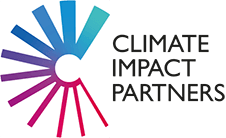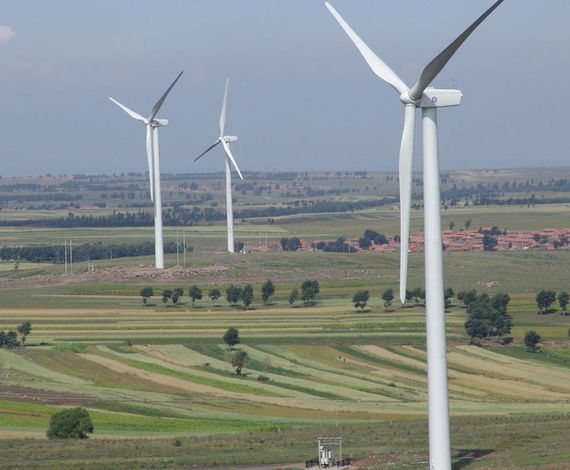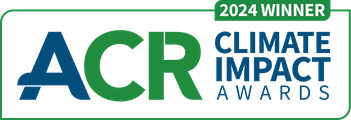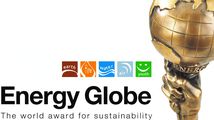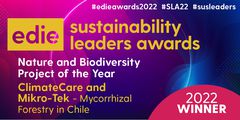In the Bangladesh capital of Dhaka, more than 21 million people (nearly 4 times the population of Atlanta) rely on natural gas to power their homes, businesses and factories. The local gas distribution company has a network that is old and in disrepair, resulting in significant release of methane, a potent greenhouse gas which is more than 20 times more potent than carbon dioxide as a heat-trapping gas.
To reduce and prevent natural gas leaks, the project financed the purchase and import of specialised equipment, called Leak Detectors and Hi-Flow Samplers, along with advanced sealant materials to ensure long lasting sealing of any leaks that were identified by the programme. To date, specially trained staff have checked more than 500,000 gas risers, identifying and repairing more than 37,000 leaks. Avoided losses of natural gas are enough to fuel a 119-MW power plant.
Natural gas is the major source of energy supply in Bangladesh.
IEA World Energy Balances 2020
In addition to delivering emission reductions to take climate action (SDG 13), the project delivers other benefits:
- Good Health and Well-Being: The project reduces the risk of accidents and hazardous pollution from gas leaks. The repairs also address low-pressure problems that leave some customers unable to cook and heat their homes.
- Affordable and Clean Energy: Bangladesh is struggling to meet a rising demand for energy. The country is running out of locally sourced natural gas and has recently had to begin importing liquefied natural gas (LNG). This project reduces the need for LNG imports that are up to 5 times the local price.
- Decent Work and Economic Growth: Bangladesh is one of the 50 Least Developed Countries in the world, where poor infrastructure hampers development. International experts trained 70 people from the local communities to find and repair leaks, while a further 30 support staff were employed.
- Industry, Innovation and Infrastructure: Specialised technology and techniques have been transferred to support the development of sustainable infrastructure. Gas leaks were found to be far more common in the poorest areas due to a lack of knowledge and social power among the people there. The networks in deprived areas had been neglected for many years and were the recipients of the greatest number of gas leak repairs.
- Responsible Consumption and Production: Reducing gas leaks ensures the preservation of finite natural gas and therefore avoiding emissions of high global warming potential (GWP) greenhouse gas (GHG). This contributes to the sustainable development of Bangladesh.
Our goal is to deliver 1 billion tonnes of emissions reductions
600+ projects have been supported by Climate Impact Partners
100+ million tonnes of emissions reduced through carbon finance
Delivering towards the Global Goals
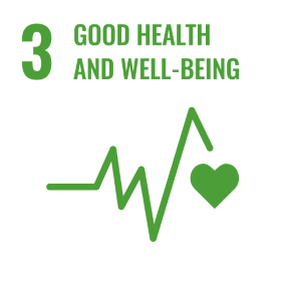
Good Health and Wellbeing
Ensure healthy lives and promote well-being for all at all ages
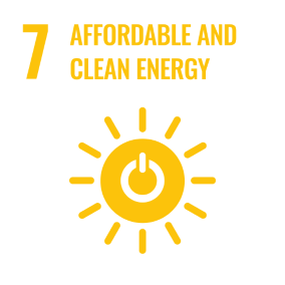
Affordable and Clean Energy
Ensure access to affordable, reliable, sustainable and modern energy
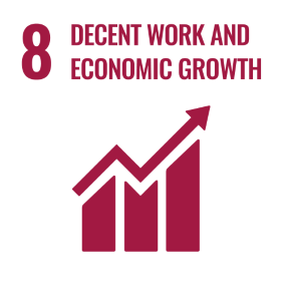
Decent Work and Economic Growth
Promote inclusive and sustainable economic growth, employment and decent work for all
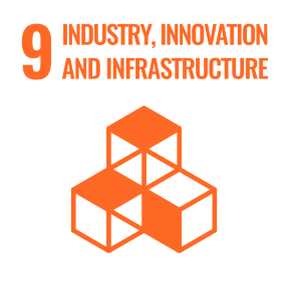
Industry, Innovation and Infrastructure
Build resilient infrastructure, promote sustainable industrialization and foster innovation
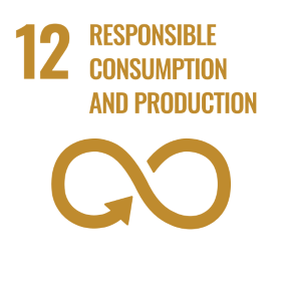
Responsible Consumption and Production
Ensure sustainable consumption and production patterns
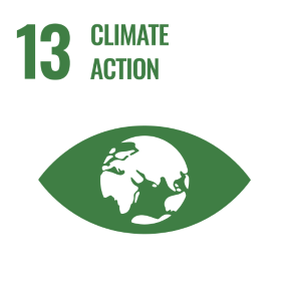
Climate Action
Take urgent action to combat climate change and its impacts

Supporting our projects delivers on multiple UN Sustainable Development Goals (SDGs). You can read more on the Goals below.
Learn more about the global goalsNext Steps

Explore our projects
Explore our range of projects across the globe: nature based solutions, health and livelihoods and sustainable infrastructure.
Explore
Business Solutions
We are the leading solutions provider for carbon offsetting, net zero, carbon neutrality and carbon finance project development.
Read more